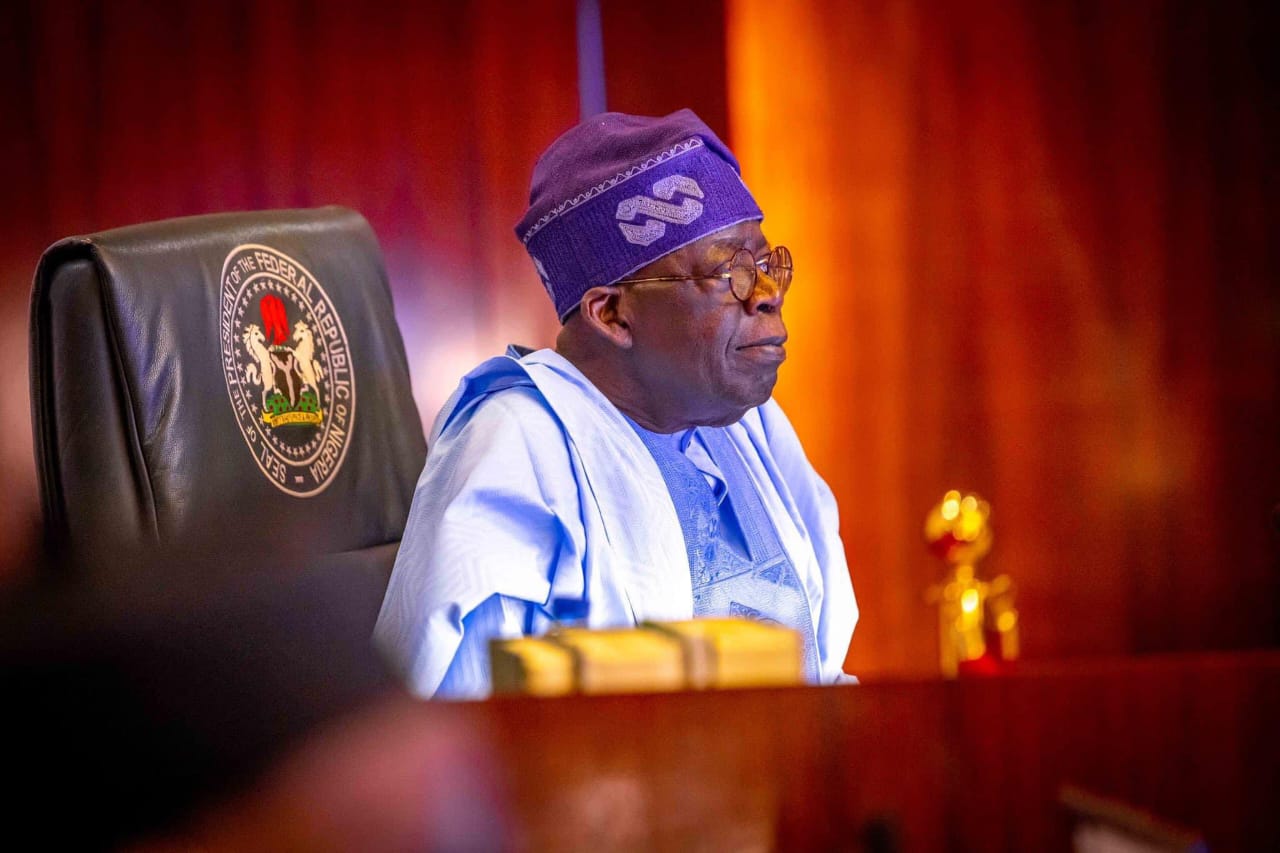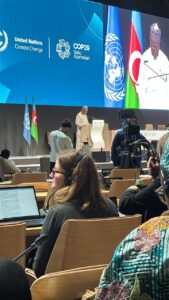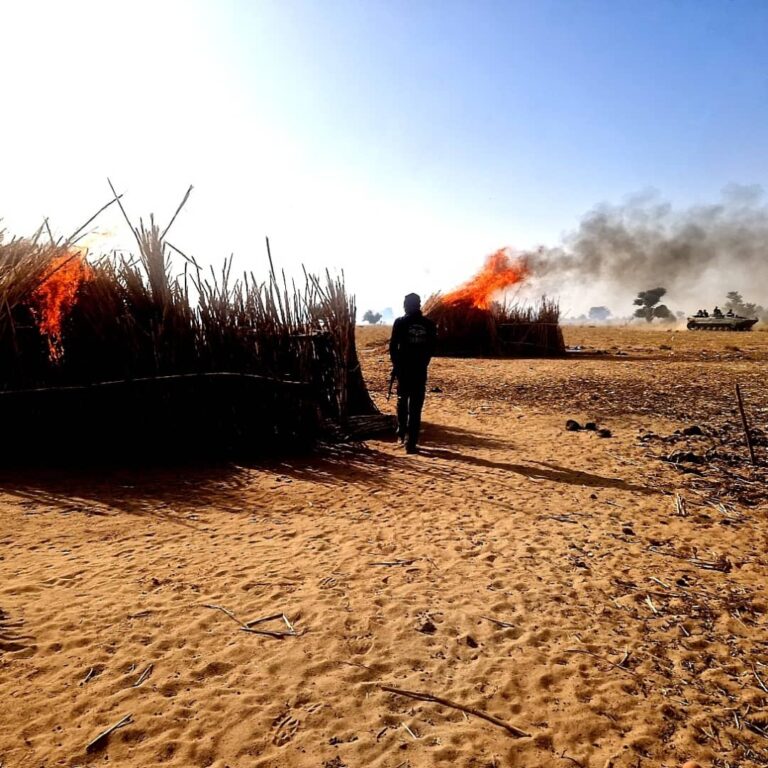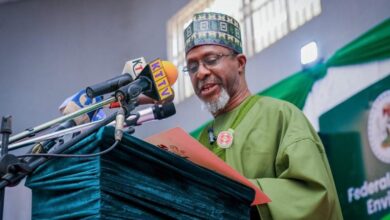COP29: Climate Change Impedes Progress on Sustainable Development Goals in Nigeria – Tinubu

By Fatima Saka
At the 29th Session of the Conference of the Parties (COP29) in Baku, Azerbaijan, Nigerian President Bola Ahmed Tinubu has highlighted the severe impact of climate change on Nigeria’s progress toward achieving its Sustainable Development Goals (SDGs).
Tinubu noted that Nigeria is among the world’s most vulnerable nations to the adverse effects of climate change, which significantly hinders its development aspirations.
Speaking through the Honourable Minister of Environment and Ecological Management, Mr. Balarabe Abbas Lawal, President Tinubu emphasized that Nigeria is grappling with widespread challenges directly linked to climate change. “These include extreme weather events, flooding, desertification, and biodiversity loss, which adversely affect livelihoods, infrastructure, and the economy.”

During his remarks, Tinubu extended congratulations to Mr. Mukhtar Babayev, the newly elected President of COP29, and expressed Nigeria’s support for achieving meaningful outcomes at the conference. He also acknowledged Azerbaijan’s hospitality, thanking President Ilham Aliyev and the people of Azerbaijan for hosting the first COP in the Caucasus region.
Commitments and Strategies for Climate Action
President Tinubu reaffirmed Nigeria’s dedication to transitioning away from fossil fuels and embracing renewable energy.
He noted the country’s strides in deploying technologies such as compressed natural gas (CNG) mobility systems, electric vehicles (EVs), and other renewable energy solutions.
“Nigeria remains committed to implementing its Energy Transition Plan and Long-Term Low Emission Development Strategy to increase the share of renewable energy and improve energy efficiency. We welcome collaboration and partnerships to expand our renewable energy mix,” Tinubu stated.
He highlighted Nigeria’s goal of achieving net-zero emissions by 2060 and enhancing its Nationally Determined Contribution (NDC). The country has developed an NDC implementation framework and continues to integrate adaptation measures into policies and programs to build resilience.
Tinubu also shared updates on Nigeria’s National Adaptation Plan (NAP), which is nearing completion to align development priorities with climate resilience.
Advocacy for Global Action and Financing
Tinubu called for increased international climate financing, particularly grants and concessional loans, to support developing nations in their mitigation and adaptation efforts.
He emphasized the need to scale up adaptation financing and operationalize the Loss and Damage Fund to address the devastating impacts of climate change.
“Nigeria aligns with the rest of Africa in demanding greater and easier access to international climate finance,” he said. “We also support the Harare Declaration by African Ministers of Health, which calls for urgent action on the health impacts of climate change.”
To advance carbon market opportunities, Tinubu outlined Nigeria’s progress in developing an Article 6 Carbon Market Framework, including the establishment of a national carbon registry and an Intergovernmental Committee on Carbon Market Activation.
A Call to Action
President Tinubu concluded by urging global leaders to act decisively. “Addressing climate change is a shared responsibility. This COP presents an opportunity to move from rhetoric to concrete action. The world must act now.”
Nigeria’s strong stance at COP29 underscores its commitment to sustainable development and climate resilience while advocating for global solidarity in tackling the pressing challenges of climate change.





